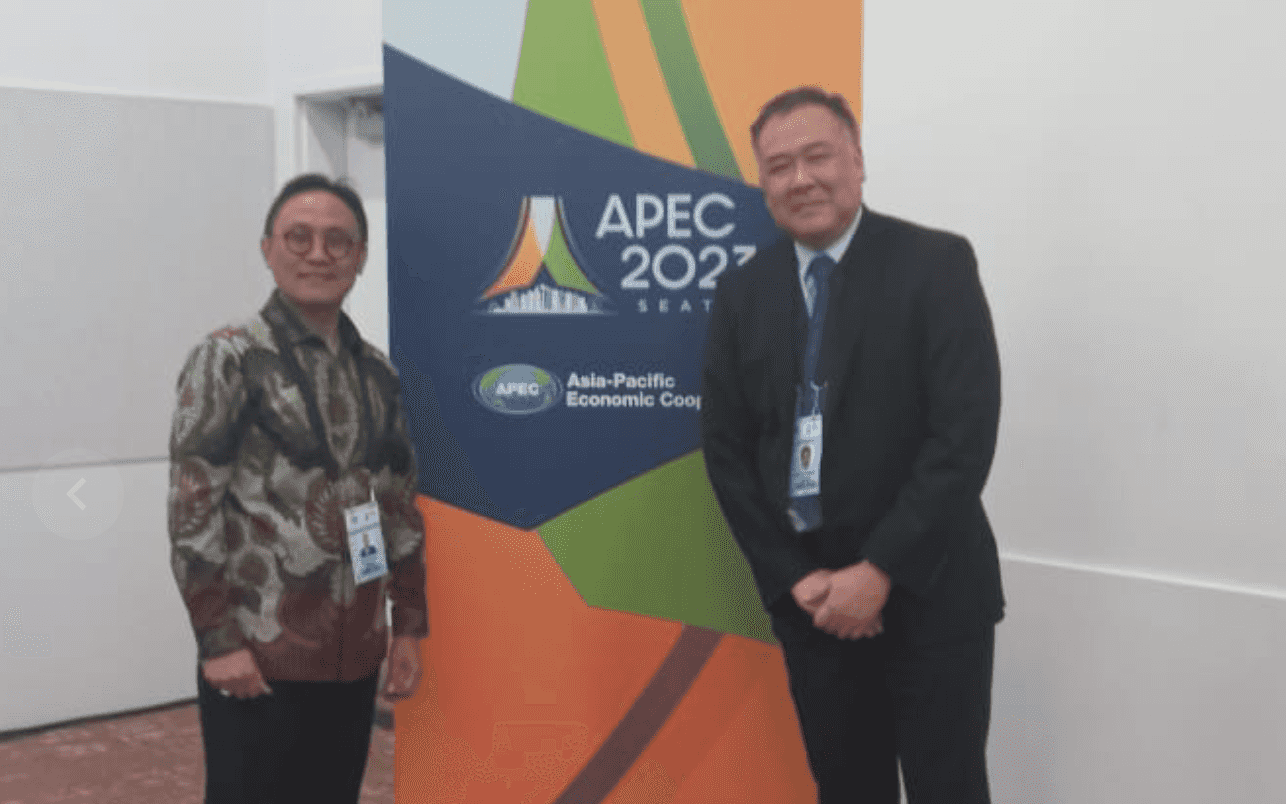Seattle (BPJPH) --- The Head of the Halal Product Assurance Organizing Body (BPJPH) of the Ministry of Religious Affairs (MORA) Muhammad Aqil Irham emphasized that halal certification is not a barrier to inter-state trade. Conversely, halal certification as a mechanism for fulfilling halal standards for a product is an aspect that provides opportunities for products to be more competitive in the global market.
"We emphasize that halal is not a barrier or Technical Barriers to Trade (TBT) in global trade activities. Because the facts are quite the opposite. Halal is a standard that opens up economic opportunities with enormous value." said Aqil emphasized.
This confirmation is in line with the efforts of BPJPH which has been active as a representative of the Government of the Republic of Indonesia in providing answers to notifications sent by a number of countries regarding halal certification. The notification mechanism, one of which is carried out through the World Trade Organization (WTO) TBT Committee itself, according to Aqil, is a common thing to do. This is because regulatory developments in a country will indeed have implications for the implementation of trade between countries.
"BPJPH's active role is carried out in providing enlightenment to the world regarding regulations and policies for Halal Product Assurance that apply in Indonesia, including rectifying the perceptions of some people who view halal incorrectly." said Aqil explained.
"BPJPH has notified technical regulations related to halal to the WTO TBT Committee through BSN. In this case, BPJPH always coordinates with relevant stakeholders." Aqil added.
Aqil sees that from a broader perspective, that halal products have the potential to act as trade catalysts. This is because the existing halal standards for products will improve the quality and competitiveness of these products.
As a standard, he continued, halal is synonymous with a number of values: health, cleanliness, wholeness, safety, sustainability, integrity and prosperity, all of which are hallmarks of modern civilization and halal quality assurance standards globally. Halal has become an ecosystem as well as an industry. And halal products have become part of the world's business with enormous value, which is intended not only for Muslim communities but also for non-Muslim communities.
"And in the context of APEC, of course the potential for trade in halal products will also encourage regional economic growth." he continued.
Aqil also explained that the global halal market is currently continuing to grow and becoming promising sector in global trade. In direct proportion to this, the demand for halal products also continues to increase from time to time with an increasingly large value. One which is inline with this growth, continued Aqil, is the large number of halal institutions from various countries in the world that have submitted applications for mutual recognition and mutual acceptance of halal certificates with BPJPH.
"Up to last July, BPJPH had received 107 requests for cooperation from Foreign Halal Institutions from various countries for mutual recognition and acceptance on Halal Quality Assurance." said Aqil.
Currently, he continued, BPJPH is also continuing the transformation of the implementation of Halal Product Assurance in Indonesia, covering the four halal paradigms, namely a paradigm shift from a philosophical-sociological perspective, a juridical perspective, digital transformation, and an economic perspective.
As Indonesia's representative, Aqil said that BPJPH took advantage of the APEC forum not only to build understanding regarding Halal Product Assurance, but also as a means to build trust and expand a network of mutually beneficial relationships with countries or our strategic partners in the Asia Pacific region.
"And of course, we also have an interest in ensuring that this halal product assurance is part of increasing the capacity and competitiveness of Indonesian products at the global level. This is in line with our efforts to realize Indonesia's vision of becoming the world's largest producer of halal products in 2024." he concluded. []

